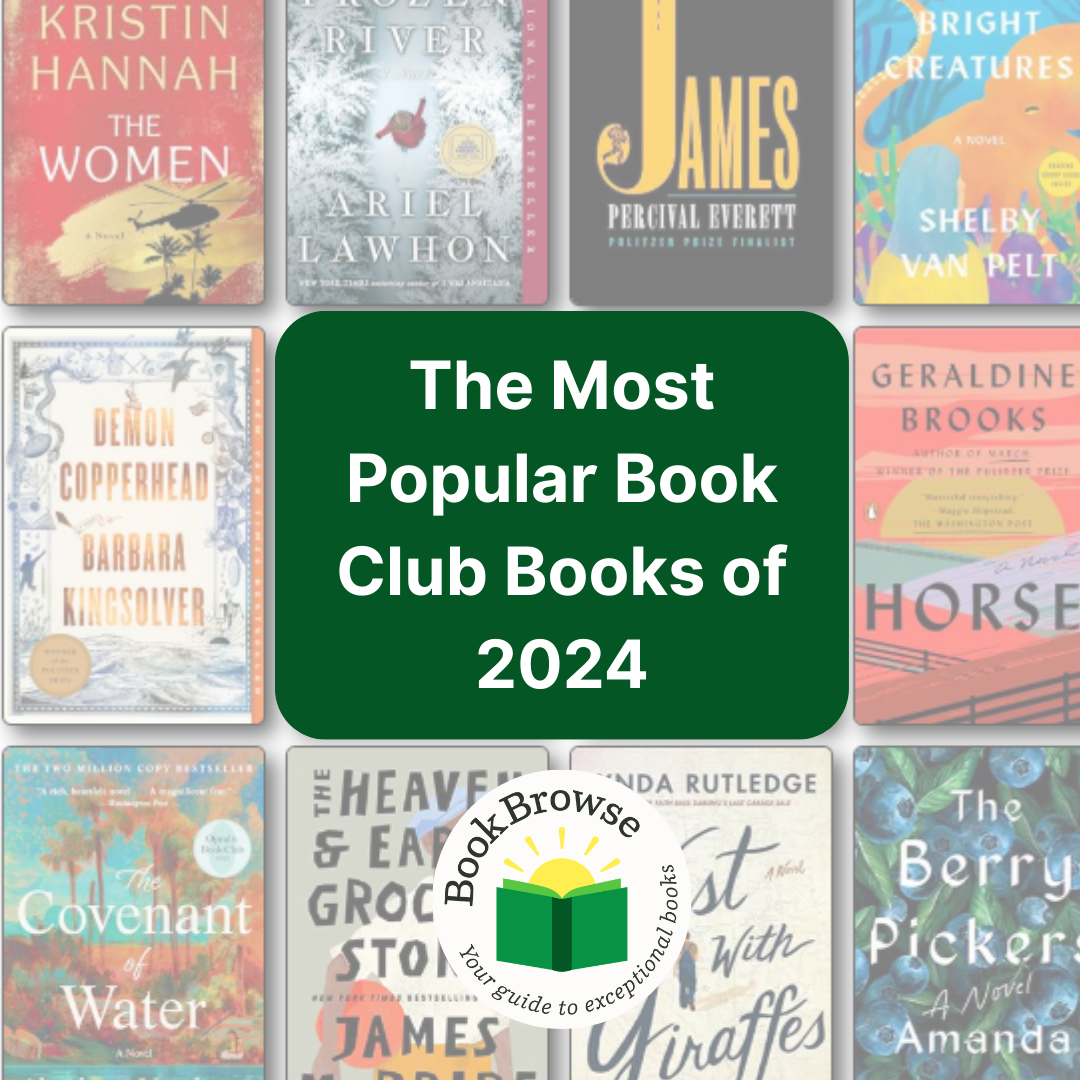Philadelphia’s Speling Reform Asoshiashun wasn’t the only group to demand a simpler way of putting things in print
You may be familiar with the ghoti, the shiny animal with fins that lives in the water; perhaps you even have your own ghoti tank. Ghotis evolved long ago, but they didn’t get their name until the 19th century, when jokesters noted that, thanks to the weirdness of English spelling, the word “fish” might be written with a “gh”, as in “rough”, an “o”, as in “women”, and a “ti”, as in “lotion”.
The idea of the ghoti is often attributed to George Bernard Shaw, but there’s no evidence that he coined it. He was, however, a proponent of simplified spelling – an enterprise that, in some form or other, goes back centuries. From “through” to “though” and “trough”, whether you’re a child or learning English as a second language, getting the spelling right is a nightmare. Efforts to fix that might seem niche, but Shaw is one of many luminaries who have had a go. Charles Darwin, Mark Twain and Theodore Roosevelt also took up a cause that has left its mark on American and British culture in unexpected ways.
Continue reading...Read More































